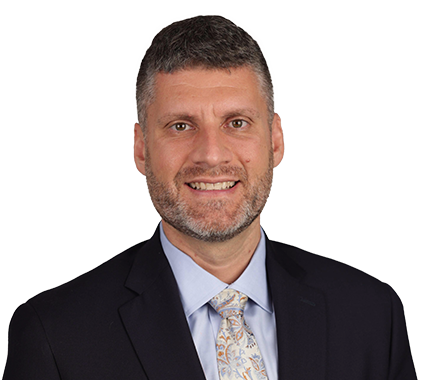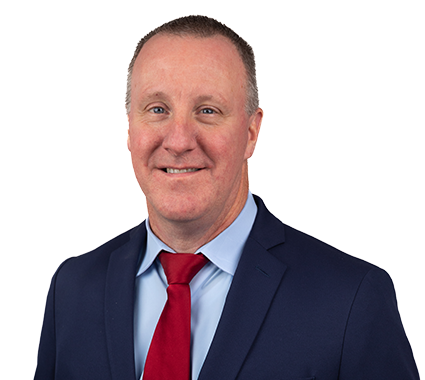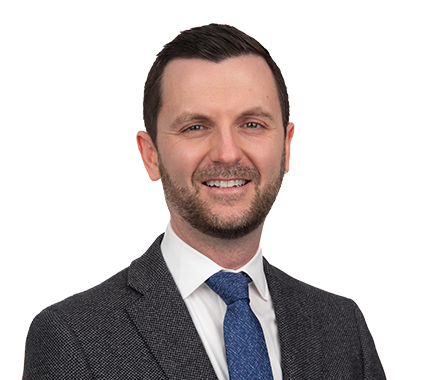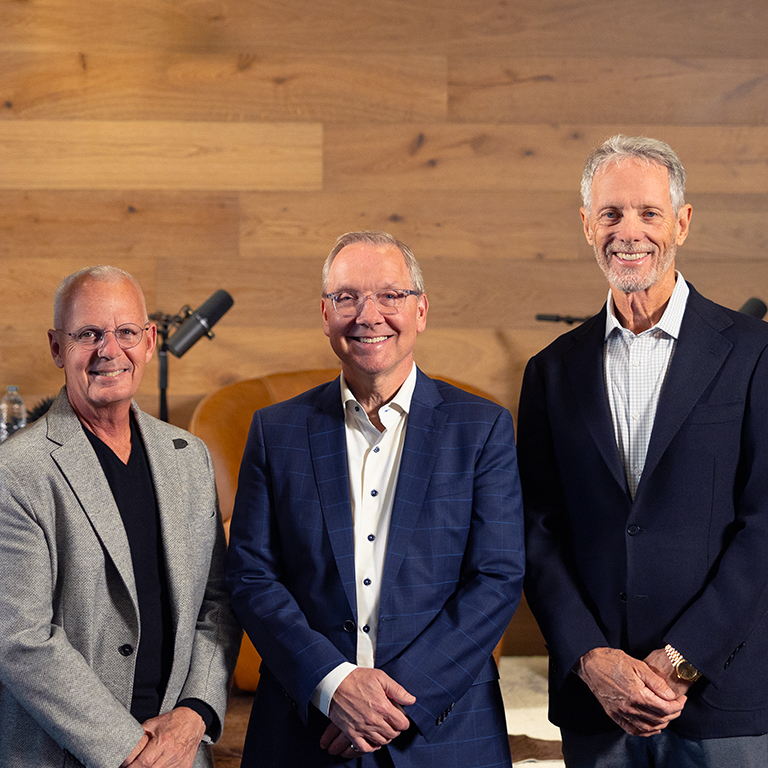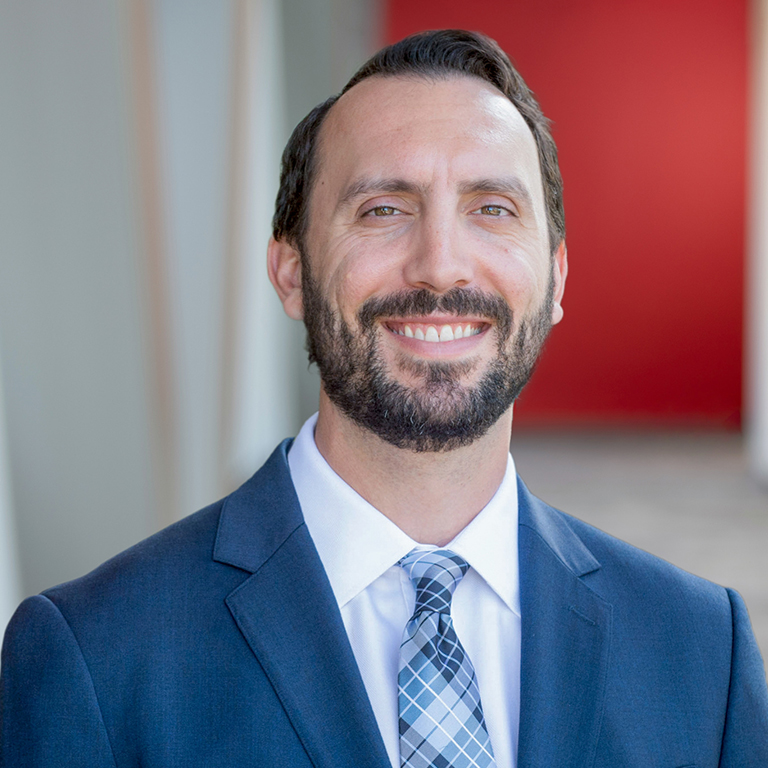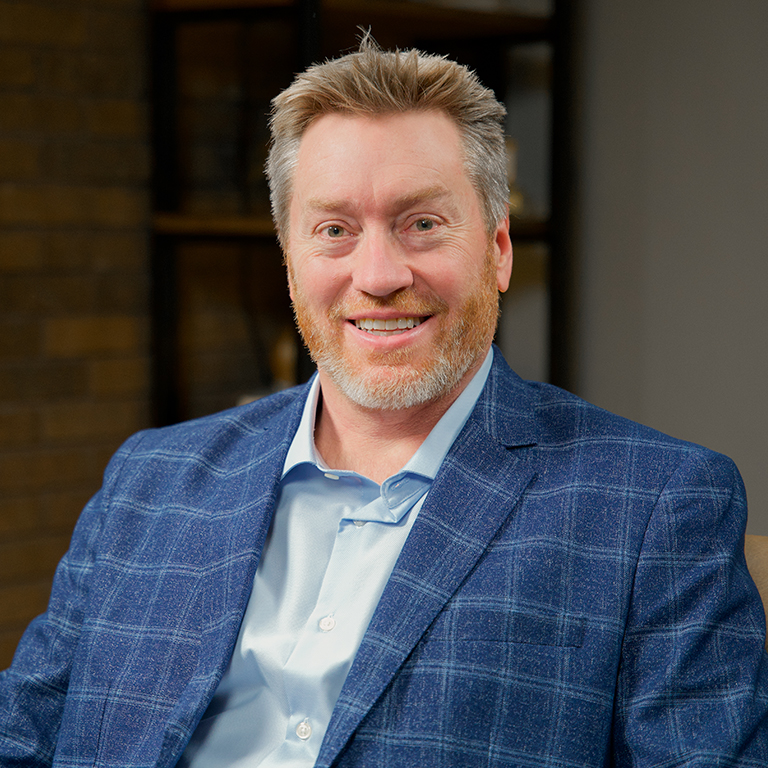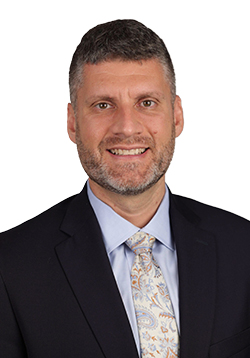
Talking about money can get uncomfortable; that’s why most people avoid the topic altogether.
In fact, a study done by Ally Bank showed that 70% of Americans think it’s rude to talk about money. Maybe they think it becomes “too real” or that they aren’t doing as well as others.
Whatever the case, we think finances should be talked about often. That’s why we launched a new series on our podcast called “How We Money.”

On this series, we get real with guests about all things money. Our Q&A will cover how they’ve handled their finances so far, what they’ve gotten right and wrong, how they communicate, and more.
So, if you’re curious about how other people are spending their money, this series is for you. On our first How We Money episode — Money and Marriage Pt. 2 — I am joined once again by my wife, Diane, to discuss how we talk about money.
You can read our Q&A below, watch the entire episode, or find Common Cents on the Prairie™ wherever you stream your podcasts.
How we talk about money
Q: How do you split up financial responsibilities?
Adam: Great question. Probably a lot like most people, I would say. Historically, Diane has handled the day-to-day: money movement, bill pay, things like that. I’ve handled the longer-term issues — the investments, the financial planning. We both try to figure out taxes together and estate planning. Regardless of who does what, Diane and I have always found time to get on the same page with that stuff.
Q: How do you handle it when one spouse likes to spend more freely?
Diane: When we were first married and budgeting to the penny, I would see this large purchase come through, which made me nervous. But I understood that Adam has a longer-term picture in mind for our finances. The more we communicated about it, that helped. I think, again, communication is key. If he’s going to go out and spend a notable amount of money, it would be good to know. Same thing on my end; I would let him know.
Q: What would you say is the greatest financial decision you’ve made?
Adam: The easy answer is: invest early and pay off debt. But that’s boring. I’m going to say the greatest financial decision I’ve made is marrying Diane. 2020 and 2021 have been really tough on marriages. We’ve seen a lot of people that we know go through a divorce. I heard the other day a divorce can take your net worth down by as much as 70%. So, if you’re doing that in your 30s, 40s, and even your 50s, that is hugely detrimental to the ability to live your life in a comfortable way. When you find the right partner, it could be really powerful for accumulating assets. Plus, you get to love each other!
Diane: This is a totally different angle, but I was thinking about our wedding budget that we set and the fact that we stuck to that budget. It was pretty low; it was under $10,000, including the honeymoon. I’m proud of that moment.
Q: What is your best money moment?
Adam: Paying off student loans. We talked quite a bit about the loan and what we did to get rid of it. It was $220,000 or so, and I carried that burden with me for a long time, so getting that paid off was a giant weight off my shoulders.
Diane: That’s the same for me. So much of our paychecks went to that each month. When we got that paid off, that was more of a switch being flipped.
Q: What is your worst money moment?
Diane: Can I say marrying into debt? Is that going to get me in trouble?
Adam: Let’s pause there. My greatest financial decision was marrying you, and your worst money moment was marrying me. Please explain.
Diane: Before we were married, I was very hypervigilant about only spending what I can afford. I went through college years without getting a student loan and didn’t go into any debt. And then here I am: I get married and immediately, within a literal second, I shared two-hundred and something dollars of debt. Your student loans. So that’s my explanation for that one.
Q: What money advice would you give your younger self?
Adam: You’re doing the right things. If you’re doing it well, it’s going to be painful and hard at first. In the end, the decisions you make when you’re young, financially, are going to be some of the most impactful decisions that you can make. So, putting in the work, making those sacrifices, building that foundational base of which to build off of, may feel like a million years in the distance. And the payoff is going to be forever from now, but in the end it’ll be very, very worth it.
Diane: I agree. I don’t have any regrets about any of our financial decisions over the years. Nothing I would do different. To tell our younger selves we’re doing the right things and maybe live life a little bit more.
Communication, communication, communication
When it comes down to it, communication is key. You don’t have to see every transaction that goes in and out, but you have to have open communication. If you don’t, there’s a possibility of not seeing how you can improve your financial situation, making things worse. Once you do, it’s easier to change in real time and continue to make adjustments.
The more comfortable we are about discussing money and our successes and mistakes, the better off we’re all going to be.
If you’re looking to jump into financial planning and want solid financial advice, our team would be happy to help. Reach out to us whenever you’re ready.
Any comments, insights, or strategies discussed in this article are intended to be general in nature and, therefore, may not be suitable for you and your situation, whatever that may be. Before acting on anything written here, please consult with your attorney, CPA, and/or your financial advisor.
